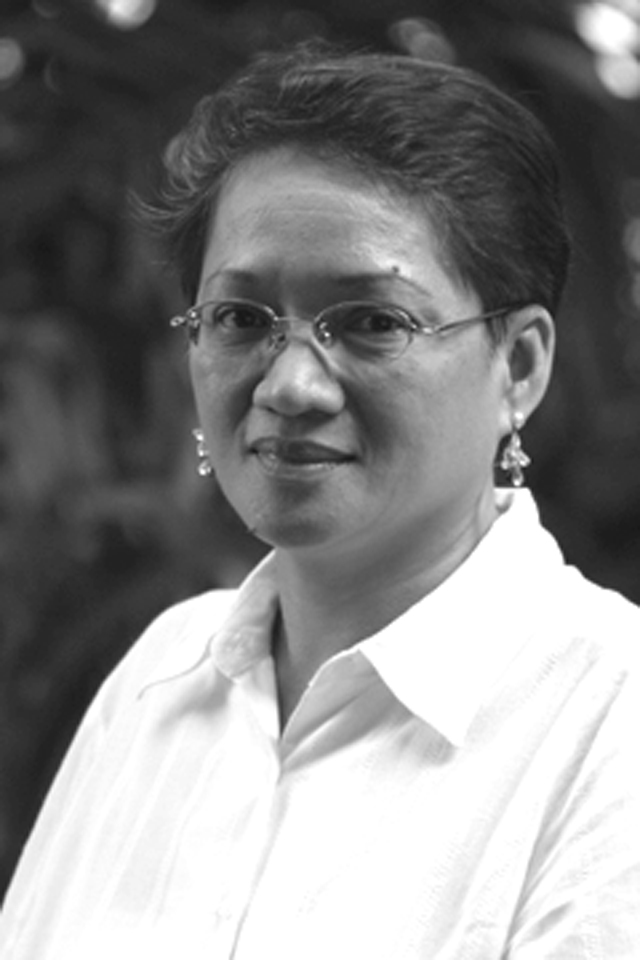Co-ops and credit unions to advance Cuba’s economic development

Malou Apalisok
These past weeks, my inbox had been inundated with warm congratulatory messages from credit union and co-op leaders and professionals across the Caribbean and North America forwarded to the newly elected board and executive team of the Caribbean Conference of Credit Unions (CCCU).
The CCCU is the regional apex body of credit unions which serves as the trade and development organization for financial and nonfinancial co-ops in the region. It is composed of 310 credit unions in 18 Caribbean territories including 28 cooperative bodies. Total membership is 1.8 million from the English- and Dutch-speaking Caribbean: Antigua and Barbuda, the Bahamas, Barbados, Belize, Bermuda, Cayman Islands, Curacao, Dominica, Grenada, Jamaica, Montserrat, St. Kitts and Nevis, St. Lucia, St. Vincent, The Grenadines, Suriname, and Trinidad & Tobago. Their pooled assets are pegged at US$ 3.2 billion.
It was Melvin Edwards, former CCCU president and director, who broke the news that sparked a trending in the internet-based listing of Development Educators across the globe. Mr. Edwards is also former chair and board director of the World Council of Credit Unions (WOCCU) (2007–2009) and is well-respected by credit union and cooperative leaders around the globe.
He recently saw action in the inaugural development education program in Halifax, Nova Scotia, Canada held in conjunction with the Caribbean DE where he is executive director. As one of the organizers, Mr. Edwards interfaced with Canadian and Caribbean CU and co-op professionals, including one from the Philippines. It was during this historic education program (June 4–11) when I had the privilege of meeting the seasoned credit union leader.
The election of CCCU board and executive lineup is significant for the global sector for many reasons. Held in Varadero, Cuba, on the heels of the 60th international CCCU conference (June 16–21), the milestone suggests Cuba has set the stage for credit union and co-op development on a national scale.
Cuba has no history of credit unionism; but according to Michael Beall, former CEO of the National Cooperative Business Association, the island nation has agricultural cooperatives that scored remarkable performance when the state ceded control of some agricultural lands to self-help organizations in previous years.
Mr. Beall visited Havana in 2014 together with US policy makers to look specifically at well-performing agri-coops. I think US-based credit union and co-op organizations may be looking for opportunities in this direction.
Cuba is the largest island in the Caribbean and is transitioning itself from a state-run economic model to a cooperative structure, but there is no legal framework either for the credit union or cooperative model. On the other hand, there is plenty of mistrust for the capitalist system which the late strongman Fidel Castro used as platform to win the 1959 revolution against US-ally Fulgencio Batista. Fidel Castro may have won the revolution, but Cuba paid a steep price: the US imposition of a commercial, economic and political embargo lasting 53 years that isolated the island nation.
Eleven years after Castro’s death, diplomatic ties between Washington and Havana have significantly improved thanks to former President Barack Obama who restored diplomatic relations with Cuba in December 2015.
The road ahead for credit unionism in Cuba looks promising; but it remains a job cut out for newly elected CCCU President Hally Haynes of Barbados, Vice President Joseph Remy of Trinidad and Tobago, Secretary Winston Fletcher of the Jamaica League and Treasurer Lennox Bowman of St. Vincent as well as for Mr. Edwards who pushes the international CU and co-op education program worldwide but especially in the Caribbean region.
I think that when Mr. Edwards launched the inaugural Carib DE in 2010, or a year after completing the DE course in the US, he did not foresee Cuba emerging as a showcase for the economic model that works for the triple bottom line: people, planet and prosperity.
It goes without saying the CCCU and Carib DE under Mr. Edwards are in a strategic position to advance the economic development of Cuba.
Disclaimer: The comments uploaded on this site do not necessarily represent or reflect the views of management and owner of Cebudailynews. We reserve the right to exclude comments that we deem to be inconsistent with our editorial standards.
